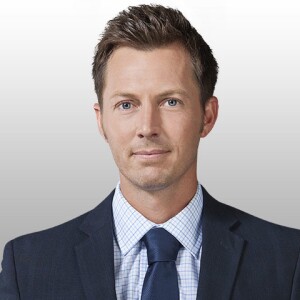"I would go out by myself, I would hang out with whoever wanted to hang out but my real relationships were all failing," said Stephani Krise.
That's because Krise says the only relationship she cared about was the one she had with alcohol.
Constant partying after work, binge drinking, stints in the hospital and traditional rehab seemed hopeless.
"After I relapsed and I couldn't stay sober, I kind of had given up hope," said Krise.
Another woman, Sarah Kennedy, says her long addiction to alcohol had affected friendships, her career and of course, her health.
And like Krise, Kennedy was willing to try just about anything.
"Read about it on the web and just seemed too good to be true," said Kennedy.
What she read about is the Sinclair method.
Her first appointment she met with a doctor, got a prescription, took a pill, and later that day, had a drink, doctors’ orders of course.
If the protocol seems like a radical idea, that's because it is.
"I mean I think it's time to change the way addiction treatment’s been for a long time," said Dr. Michael Yasinski.
Dr. Yasinski is spear heading that effort at his Scottsdale office.
"It's founded in science and data which is why I liked it," said Dr. Yasinski.
Every one of his patients gets to continue drinking as long as they take the anti-addiction drug Naltrexone one hour before they knock one back. The pill works to block pleasure sensors in the brain. He says combined with psycho-therapy the cravings go away.
"It's not seeing or enjoying alcohol like it normally does, so it starts to lose interest over time," said Dr. Yasinski.
"I came back two weeks later and he said 'how did you do,' and I said well I felt great cause I didn't have to change a thing," said Kennedy.
But what did change, was the desire to drink. Both report drinking isn't a problem anymore. This coming as nearly 70 percent of traditional rehab patients relapse within the first year.
"To me, it’s like there is no relapse, you just keep going and keep improving," said Kennedy.
"I just feel so much better about myself and that's what makes the difference," said Krise.
A true testament to what taking a chance can lead to.
So why are we just hearing about this now? Traditionally alcoholism has been treated as a moral issue rather than a medical one.
According to those in the treatment industry, most doctors just aren’t trained in this type of treatment. But that could soon change.
For more information on this treatment method, CLICK HERE.




